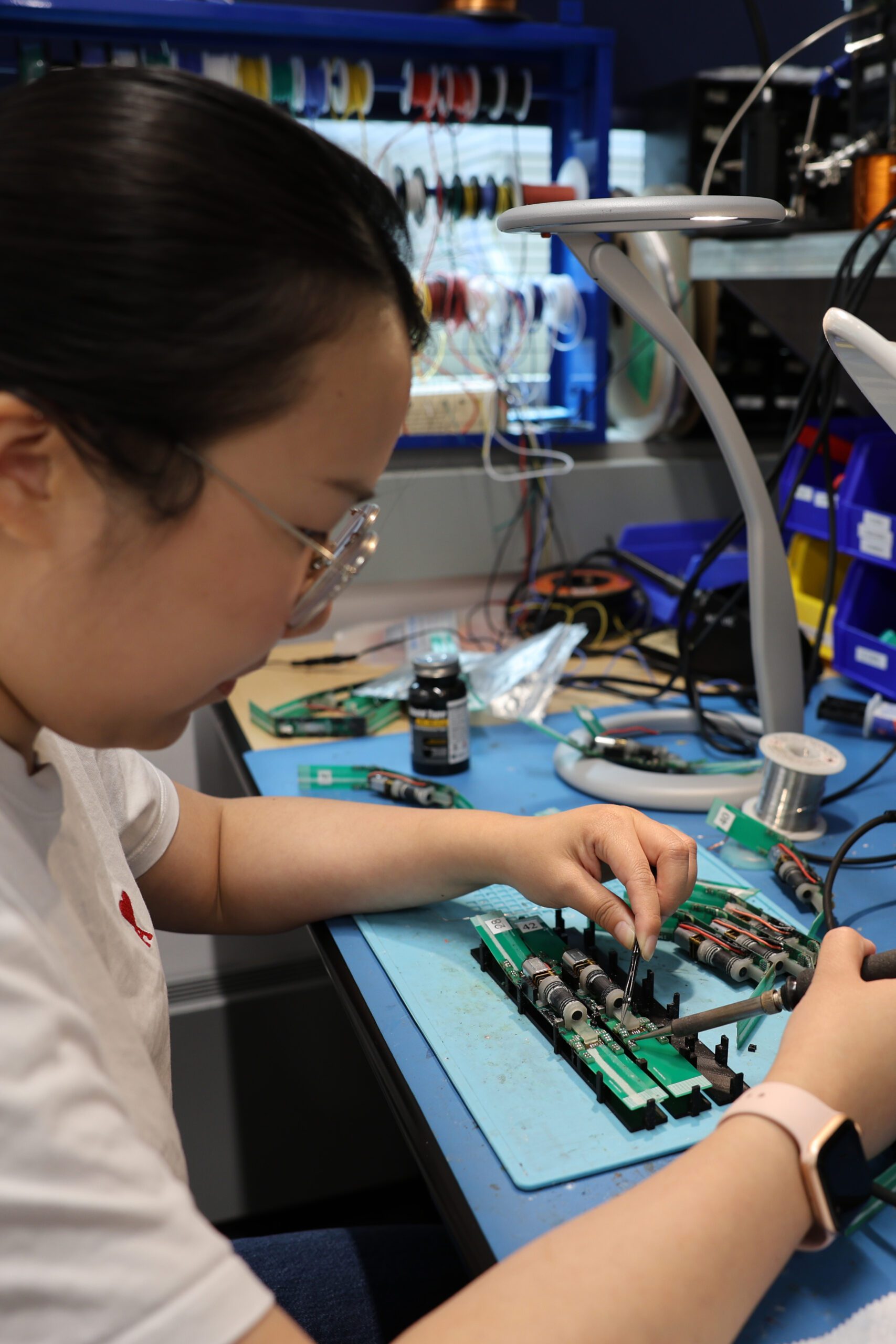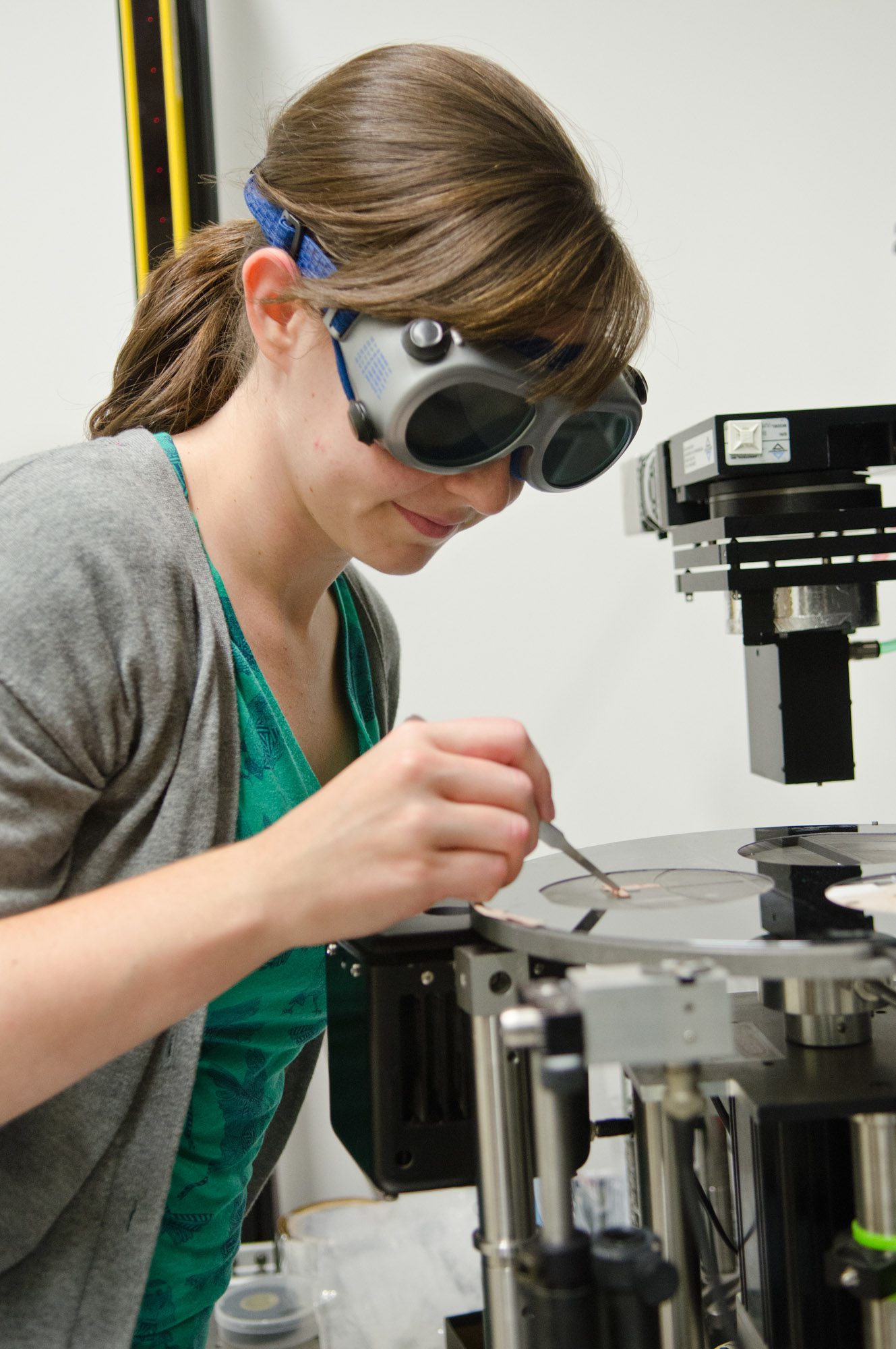Page Contents

Why Should I Get Involved in Undergraduate Research?
-
Apply what you learn
Apply what you learn in the classroom to real-life situations
-
Develop skills
Practice and develop skills in teamwork, communication, problem-solving, and creativity
-
Build a network
Build a mentoring network and close relationships with world-renowned professors and researchers
-
Prepare for industry
Gain technical skills that prepare you for careers in industry
-
Become a competitive applicant
Learn the scientific process and become a competitive applicant for graduate school
-
Explore careers
Explore if a career in research is right for you
Reflection: Am I Ready for Research?
Before beginning your research journey, take a few moments to consider the questions below to determine if you are ready to get started in research.
- Have you completed at least one semester at Cornell?
- Are you comfortable with your academic load and confident that adding an additional responsibility will not significantly impact your academic performance?
- Do you have six to 10 hours available during the work week in at least two-hour time blocks between 9 a.m. and 5 p.m.?
- Are you able to commit to a consistent, weekly schedule for at least one semester?
- Are you excited to do research?
If the answer to each of these questions is, “Yes,” then it may be a good time to get started.

Questions to Ask As You Explore Research Opportunities
Before you can find and secure a research position that will provide you with the skills and experiences you need, you must figure out: what do you want to gain from doing research? Knowing the answers to these questions will help you to focus your search as you look for research groups to join, prepare to approach faculty research mentors, and answer questions when you interview with faculty or research groups.
Writing or speaking out loud are effective ways to turn nebulous ideas into concrete thoughts. Write down or speak your answers to the questions below.
-
Why do you want to do research?
- Do you expect research to prepare you for a particular career path or is it part of your exploration?
- What are three to six skills you want to gain or improve in during your research experience? Think broadly! Consider engineering or scientific skills, communication, teamwork, leadership.
- Are there technical skills you would like to learn?
- Are there specific topics or areas of study that you are interested in exploring? Thinking about your favorite ideas from courses can be a good way to start.
-
Are you interested in applied or basic research?
- Applied research has immediate implications for the world we live in. Applied research can be right for you if you need to know why a topic is useful in order for you to be interested in learning about it.
- Basic research may or may not have applications. If it does have applications, they may be either in the short term or very distant future. Basic research may be right for you if you are interested in learning about a topic for the sake of expanding your knowledge or deepening our understanding of the world.
Consider Research Logistics
-
How are you interested in being compensated for your research?
- Pay
- Course credit (and consider graded or S/U)
- Volunteering
-
Are you able to commit an appropriate amount of time to get involved in research?
- How many hours do you want to commit to research each week?
- Do you have blocks of time available? If so, for how many hours and when?
- Are you able to commit to a lab for an entire semester (before you decide to continue or not)?
Learn More About Undergraduate Research
-
Cornell University Undergraduate Research
Besides the resources here, we recommend visiting Cornell University Office of Undergraduate Research for an overview of undergraduate research at Cornell and guidance on how to get started.
-
Career Development Toolkit: Research Module
If you are an enrolled student, be sure to visit the Research Module within the Career Development Toolkit as well. To access the Toolkit, you can self-enroll. If you are already enrolled and want to dive in, jump to the course. In Canvas you can also go to Courses > All Courses > Browse More Courses to search for the Toolkit.
Additional Resources
-
Cornell Undergraduate Research Board
The Cornell Undergraduate Research Board (CURB) seeks to enhance the Cornell undergraduate experience by promoting and enriching undergraduate research on campus.
-
Journal of Undergraduate Research and Scholarly Excellence
A peer-reviewed, undergraduate journal registered with the Library of Congress that accepts submissions of any subject, from any undergraduate institution.
-
Council on Undergraduate Research
The mission of the Council on Undergraduate Research is to support and promote high-quality mentored undergraduate research, scholarship, and creative inquiry.


